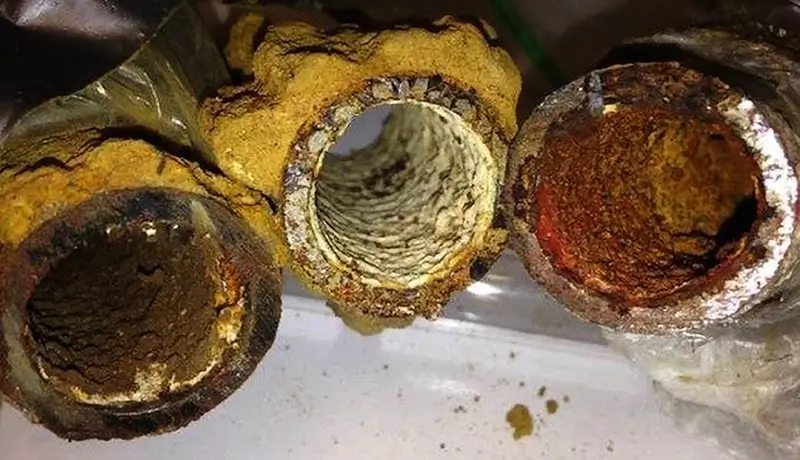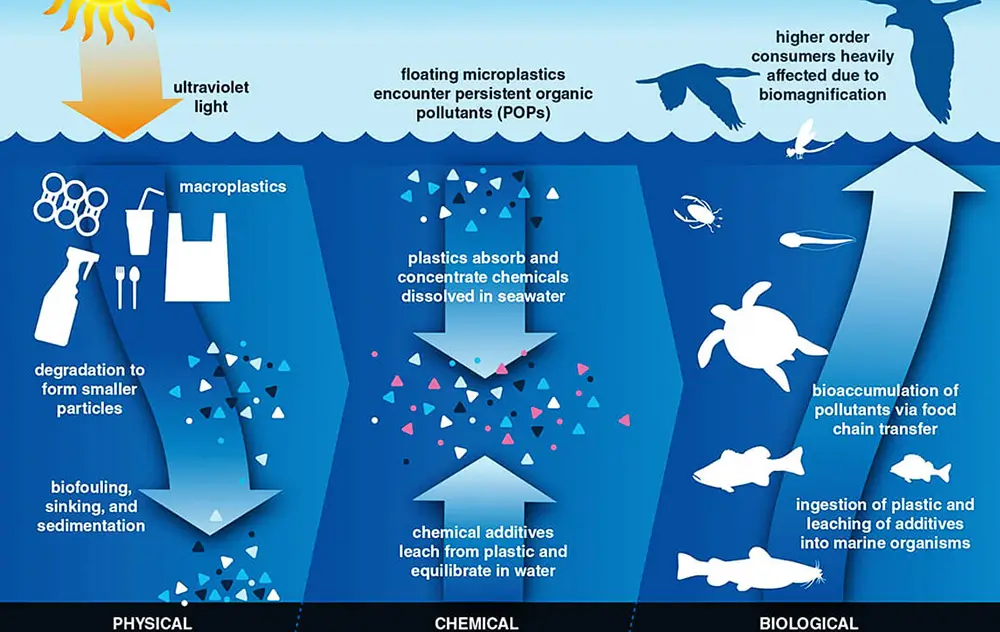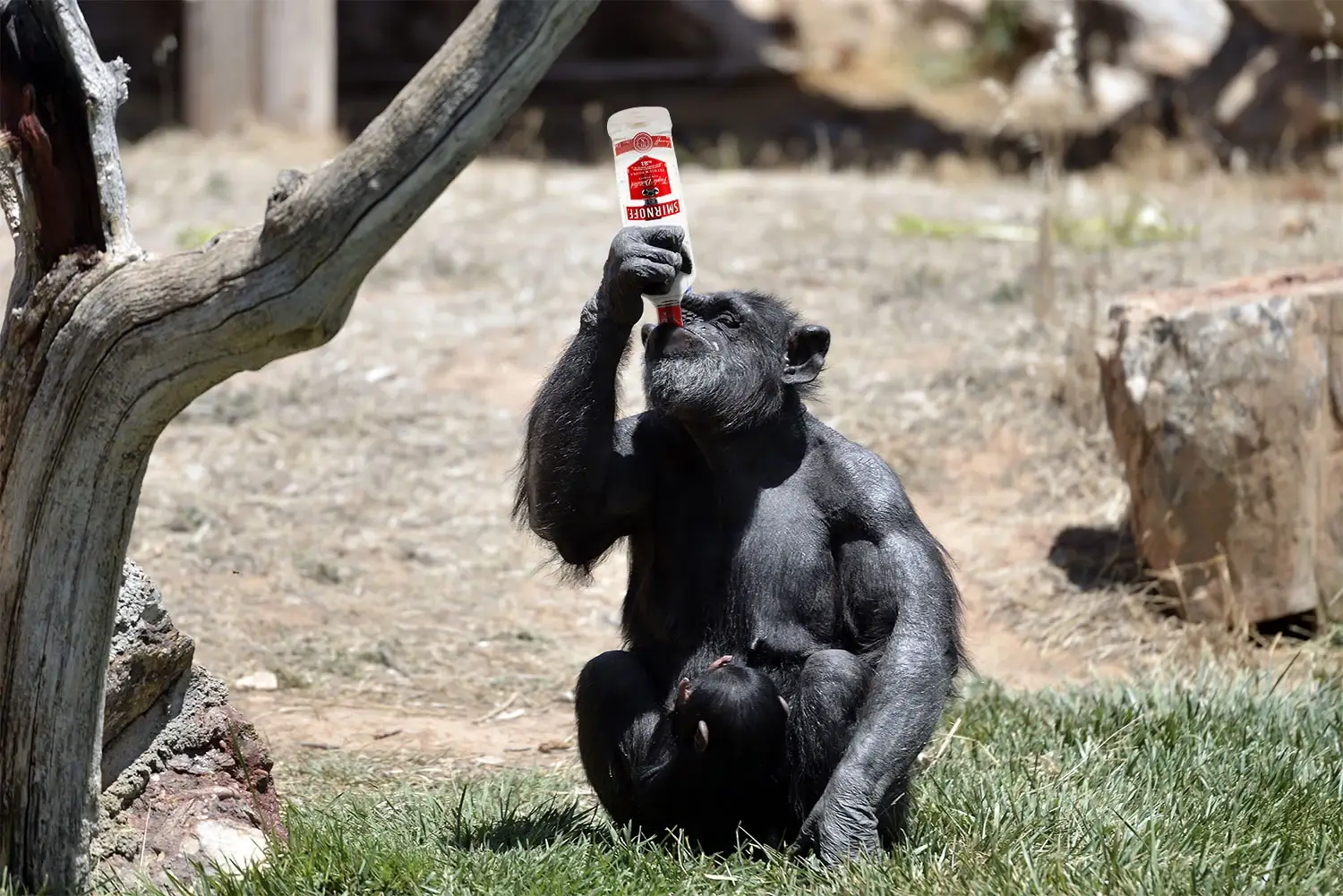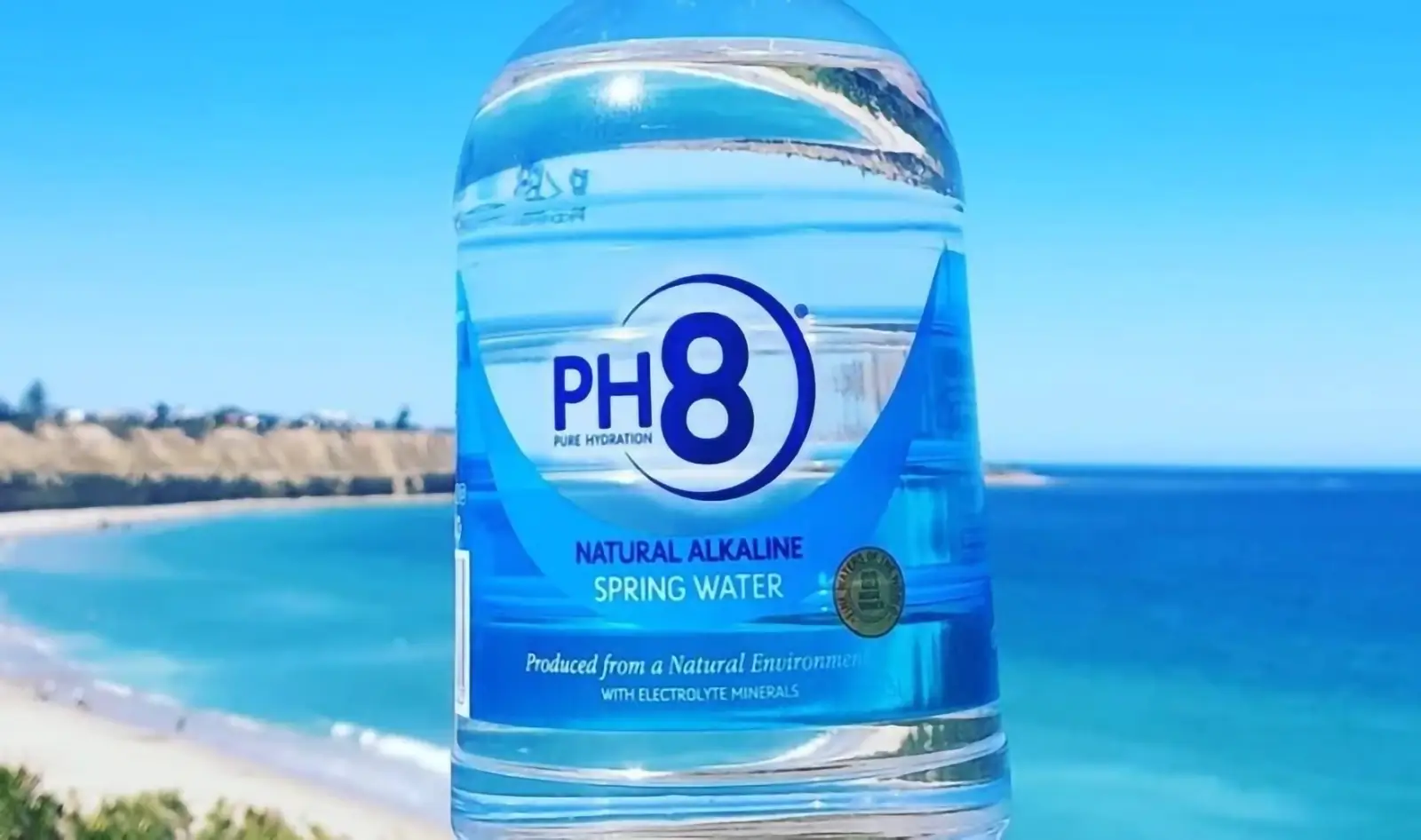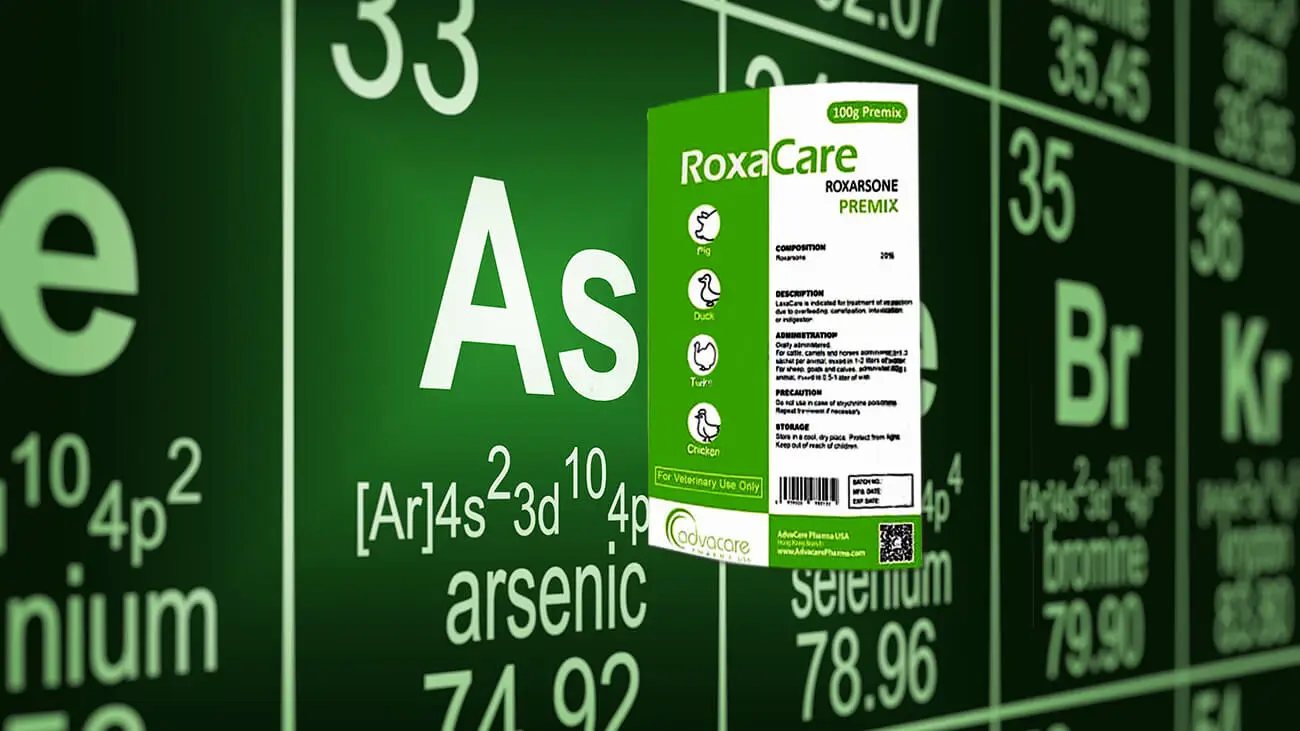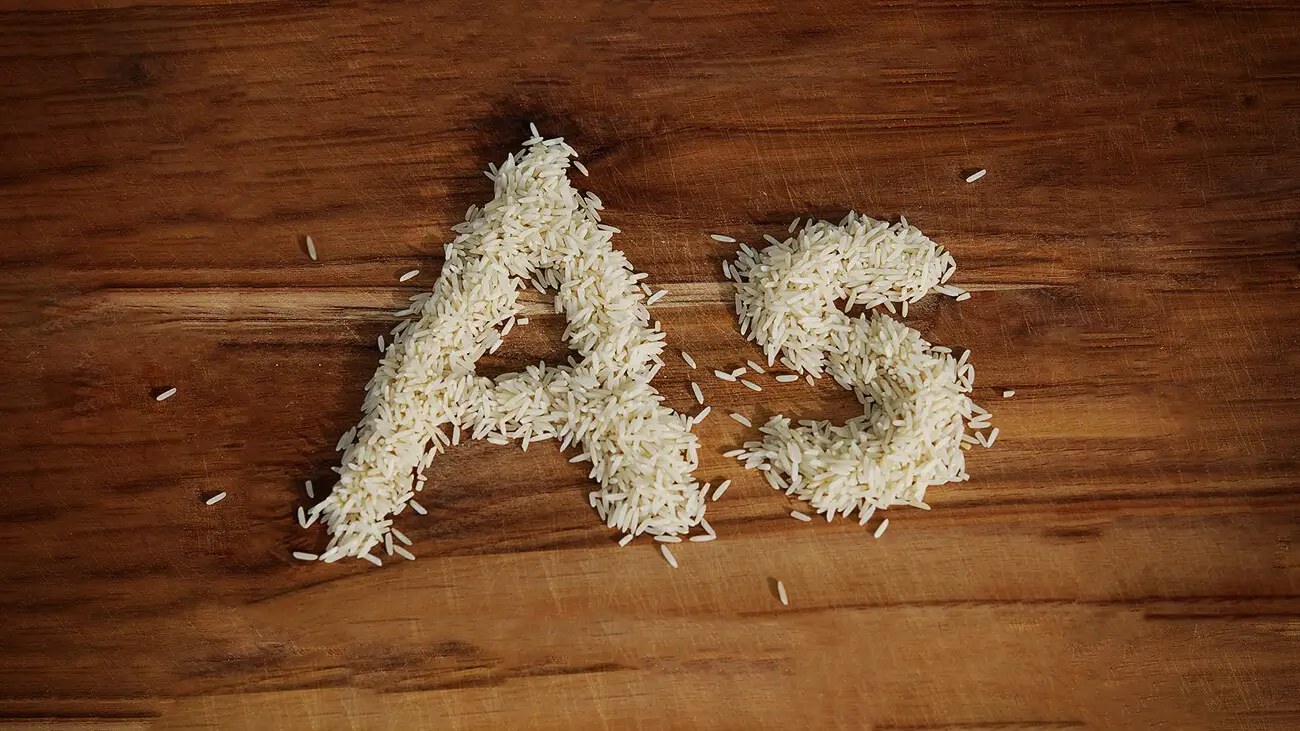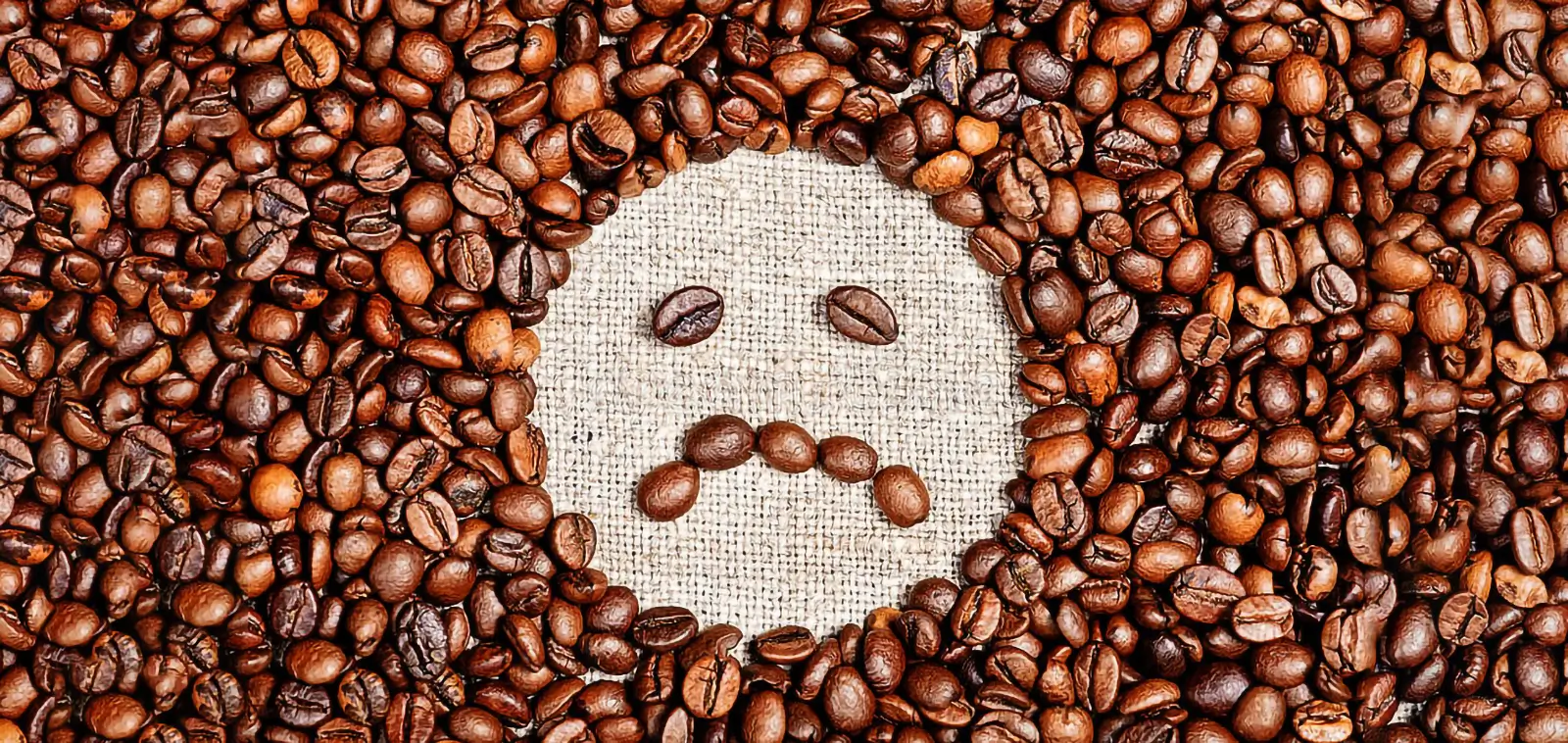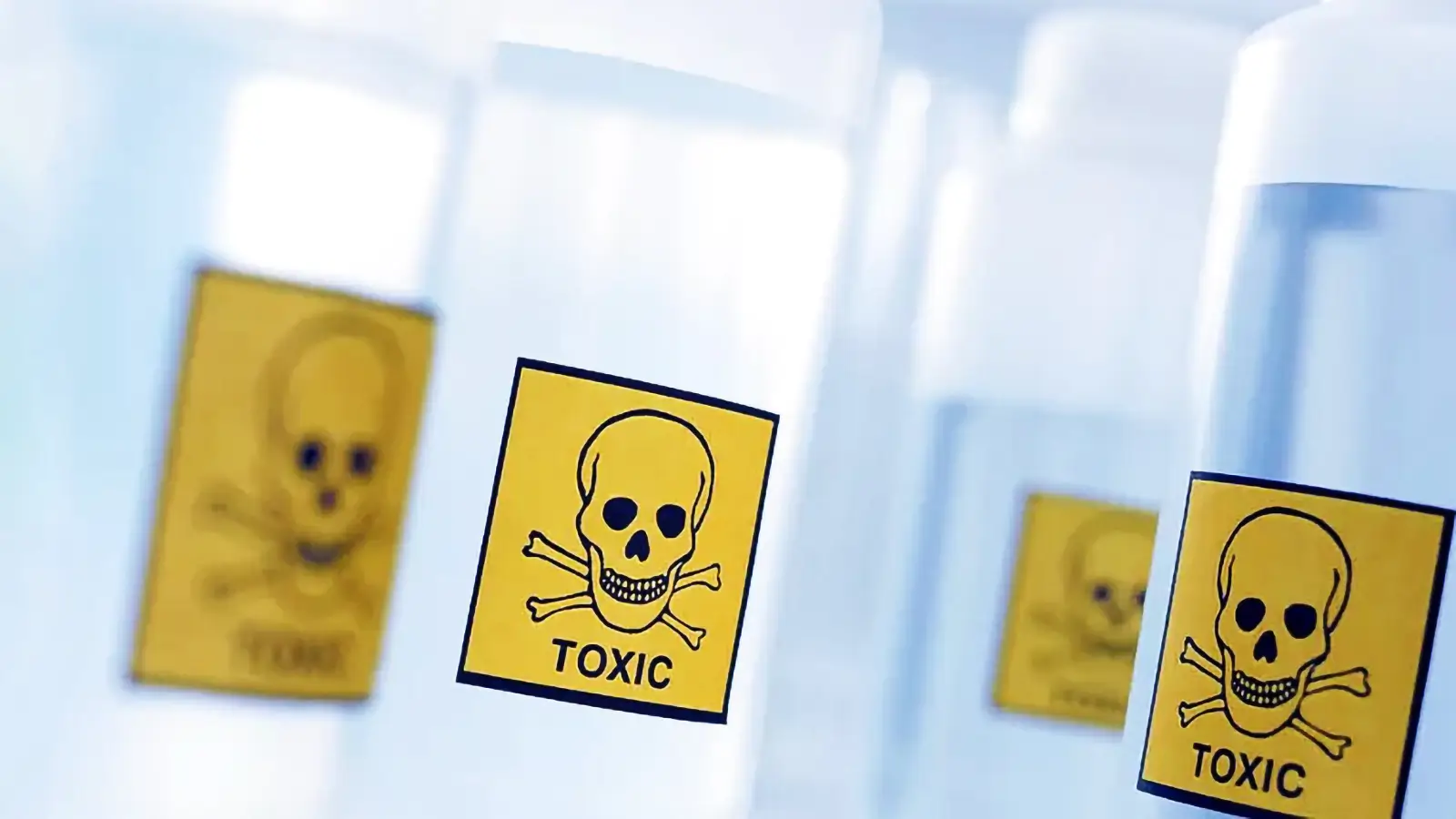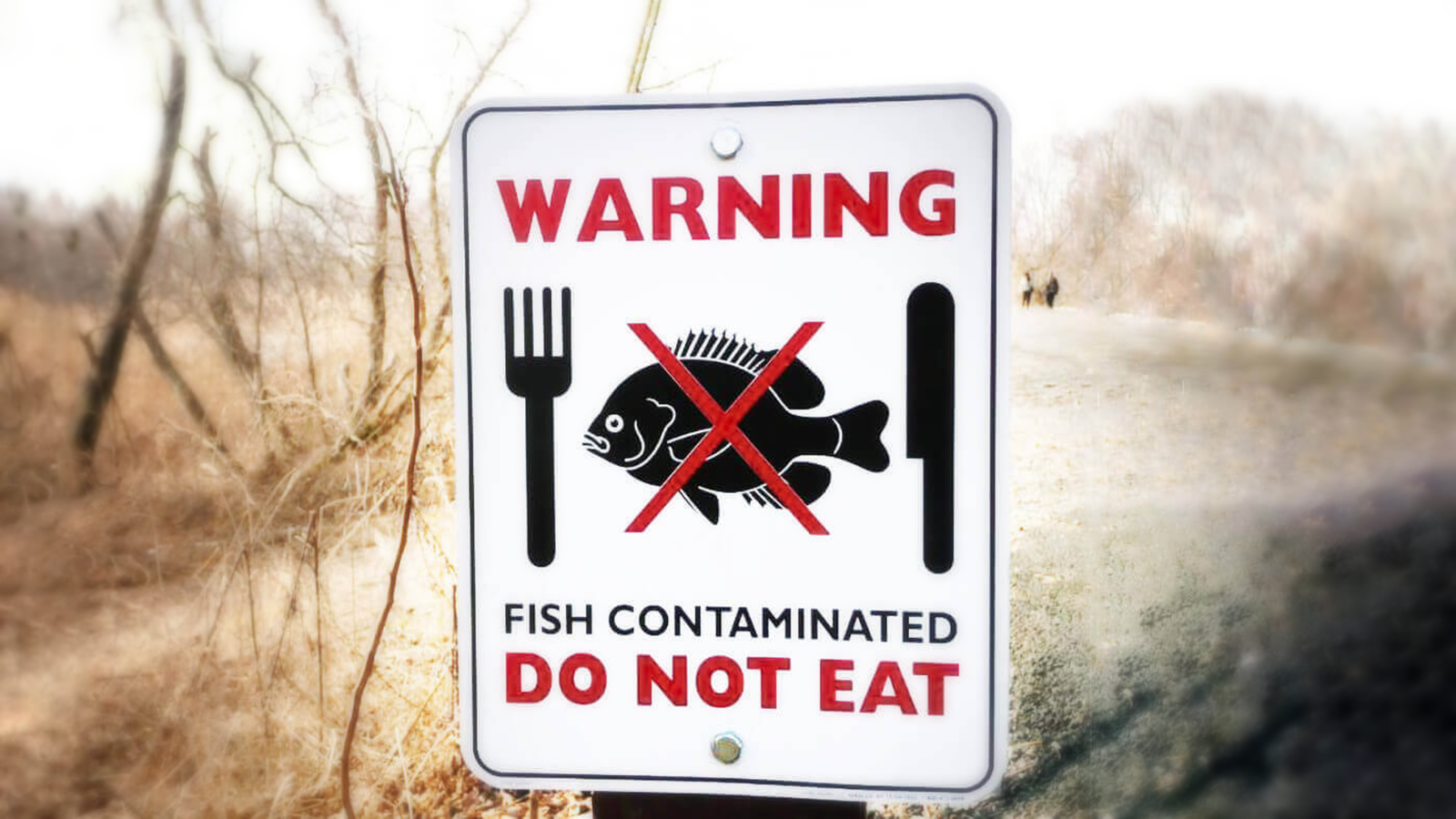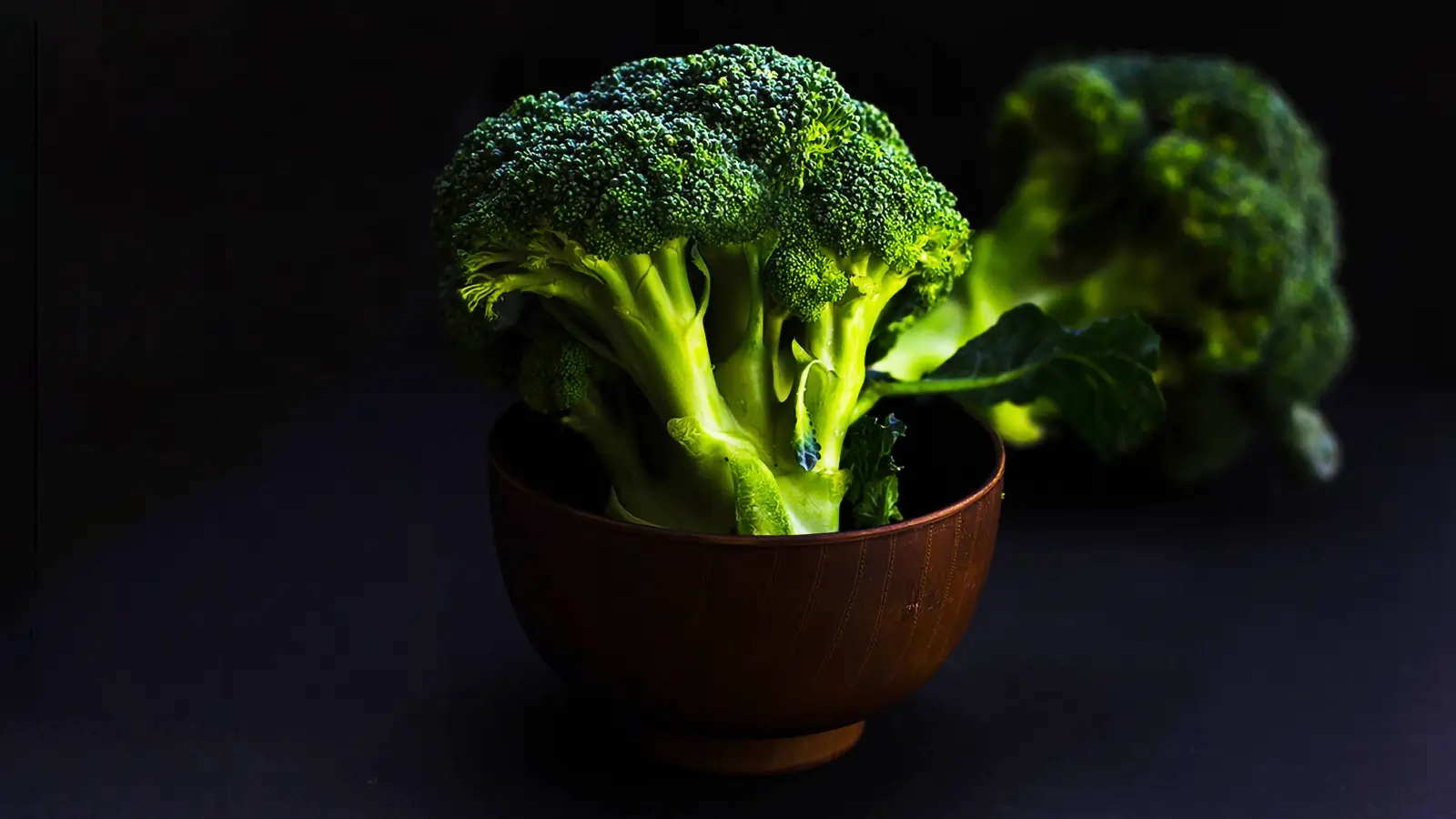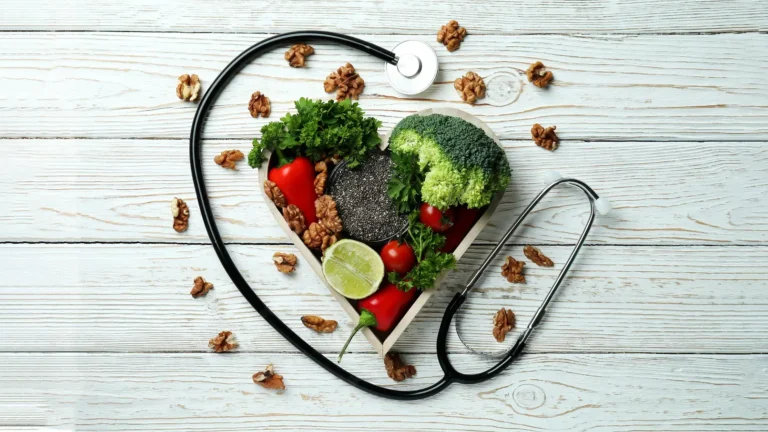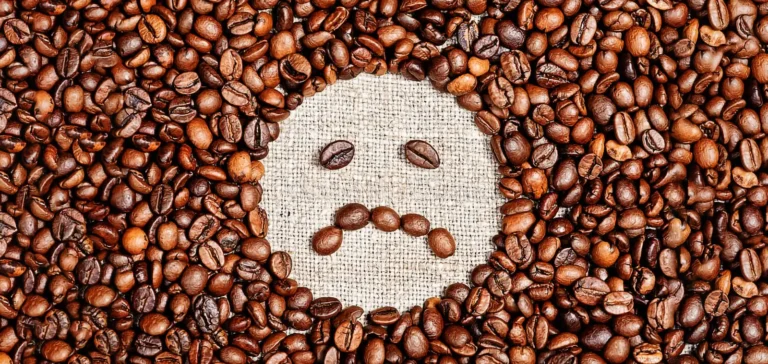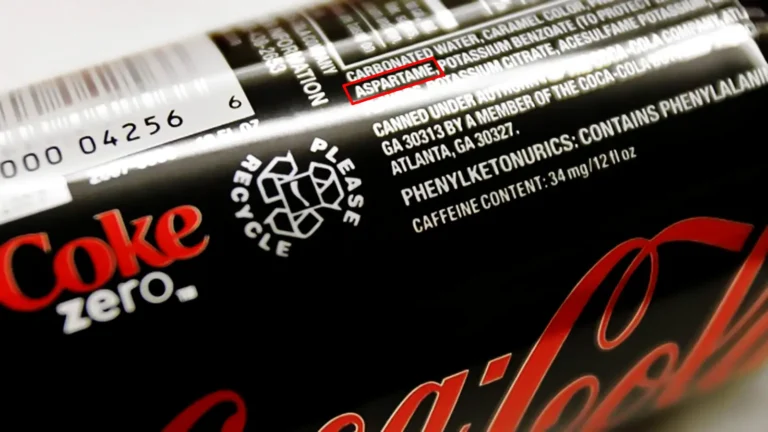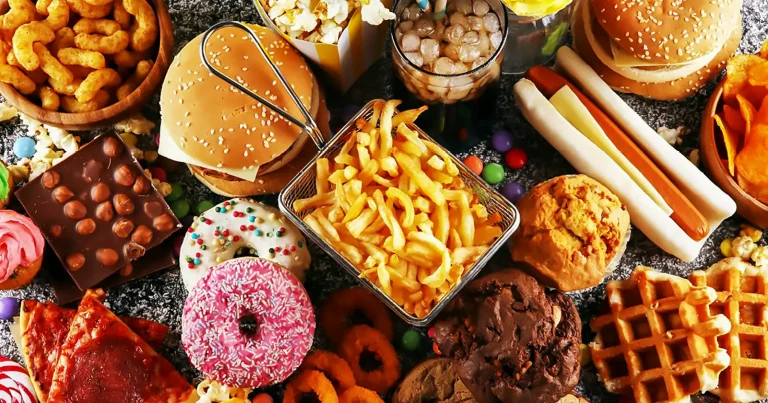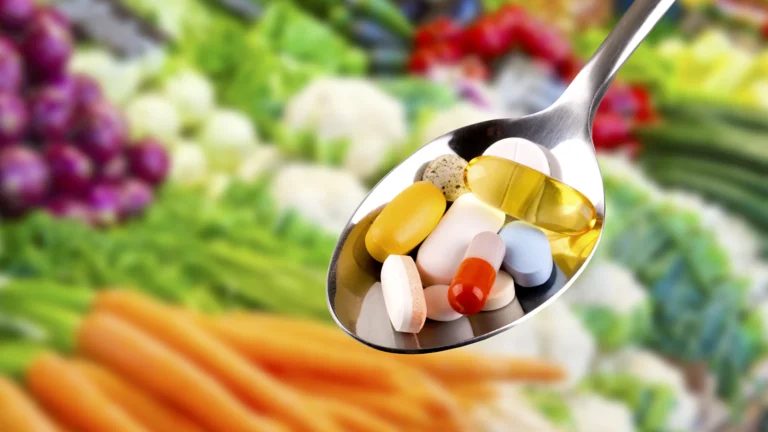Toxicité de l'Eau du Robinet - Évaluation des Risques
Si nous vivons dans une ville où nous sommes sûrs que l'eau du robinet est pure, cela ne signifie pas pour autant que l'eau est "pure".
Milos Pokimica
Écrit par : Milos Pokimica
Examiné Médicalement Par : Dr. Xiùying Wáng, M.D.
Mis à jour le 9 juin 2023La purification de l'eau est une activité importante, en particulier dans les pays qui ne disposent pas de sources propres et où la toxicité de l'eau du robinet est un problème majeur. Aujourd'hui encore, plus d'un milliard de personnes boivent de l'eau sale et ne disposent d'aucune forme d'assainissement. Aujourd'hui encore, la diarrhée due au manque d'assainissement tue environ 842000 personnes chaque année dans le monde. D'ici 2025, 1,8 milliard de personnes devraient vivre dans des régions souffrant d'une pénurie d'eau absolue. L'eau est un marché important, et ce marché est appelé à se développer.
D'autre part, même si nous avons l'eau du robinet à la maison, la toxicité de l'eau du robinet peut être l'un des facteurs contribuant à notre surcharge toxique. Les personnes qui travaillent dans le domaine de la purification de l'eau ne font souvent pas de bonnes recherches scientifiques et sont plus intéressées par le profit.
Il existe plusieurs façons d'essayer de réduire notre charge toxique. Un produit chimique toxique naturel auquel nous sommes exposés et fabriqué par la crinière POP (polluants organiques persistants) sont là pour rester et nous ne pouvons pas faire grand-chose pour éviter de nous exposer à la pollution de l'environnement, à part manger des aliments issus de l'agriculture biologique qui sont en bas de la chaîne alimentaire et nous déplacer vers des villes moins polluées, mais il existe une autre ligne d'action que nous pouvons prendre.
Tout d'abord, nous pouvons commencer par les choses les plus élémentaires comme l'eau que nous buvons. Si nous ne pouvons pas échapper aux produits chimiques présents dans nos aliments, nous pouvons essayer de les éliminer de l'eau que nous buvons.
Si nous vivons dans une ville où nous sommes sûrs que la source d'eau est pure, cela ne signifie pas pour autant que l'eau est "pure". Cela signifie simplement qu'elle se situe dans la fourchette de toxicité accessible pour les produits chimiques mesurés. De même, l'eau en bouteille n'est pas nécessairement plus sûre, plus propre ou de meilleure qualité que l'eau qui sort directement du robinet. Il s'agit d'une question plus complexe qui dépend de scénarios individuels au cas par cas. En tant que consommateur, vous devez savoir que dans certains cas, l'eau en bouteille peut être encore plus polluée que l'eau du robinet. Tous les sodas, boissons et autres produits que vous trouverez dans les magasins d'alimentation sont fabriqués avec de l'eau du robinet. Or, l'eau du robinet contient des centaines de produits chimiques et de polluants dont les niveaux de sécurité ne sont pas testés et dont certains sont toxiques et ajoutés délibérément, comme le fluor ou le chlore.
Le CDC considère le fluorure comme l'une des dix réalisations de santé publique du XXe siècle. Il est considéré comme un triomphe sur la carie dentaire. Aujourd'hui, la plupart des dentifrices vendus contiennent du fluor et 72 % de toute l'eau aux États-Unis est fluorée. Le fluor a été utilisé pour la première fois pour éradiquer la vermine et, depuis lors, il est un ingrédient essentiel de la mort aux rats et des insecticides. Au début de son utilisation, le fluor n'était connu que comme un poison non seulement pour les hommes, mais aussi pour l'environnement. Il a également été un ingrédient essentiel du projet Manhattan et des armes nucléaires. Il a été ajouté à l'approvisionnement en eau d'Auschwitz et à l'eau des goulags sibériens en raison de ses effets sur l'état mental de l'homme. Il s'agit d'un déchet dangereux provenant de l'industrie des engrais phosphatés qui ne peut être déversé dans les cours d'eau ou la mer en vertu du droit international et qui ne peut être utilisé localement parce qu'il est trop concentré.
Grâce à la sensibilisation du public, la plupart des pays du monde ont éliminé la majeure partie du fluorure, ce qui est illégal, mais le chlore ne l'est pas. Mais attendez, il est prouvé que le chlore lui-même est un produit toxique. favorisant le cancer mutagène. Ce n'est pas un fait bien connu en dehors de la communauté des chercheurs, mais il y a eu une ligne de recherche qui a duré des décennies sur ce sujet. Les personnes qui boivent de l'eau chlorée pendant une période prolongée présentent un risque accru de cancer, en particulier de cancer de la vessie. Les études ont révélé un taux de 27 % environ. Si vous buvez de l'eau du robinet, vous avez 27 % de risque en plus de développer un cancer de la vessie. Il existe également des preuves d'un risque accru de certains types de malformations congénitales. Dans ce type d'études, il est difficile de prouver la relation de cause à effet, ce qui signifie que si l'Agence pour la protection de l'environnement estime qu'entre 2 et 17 % des cas de cancer de la vessie aux États-Unis sont dus à l'eau potable, cela signifie-t-il que ces personnes seraient encore en vie si elles ne buvaient pas d'eau du robinet? Même si vous voulez l'éviter, vous risquez fort de ne pas y parvenir, car l'eau du robinet est utilisée partout dans le monde. industrie alimentaire comme norme. Par exemple, tous les sodas sont fabriqués à partir d'eau du robinet. Aucune entreprise alimentaire n'utilisera de l'eau de source profonde ou même simplement de l'eau filtrée ordinaire comme eau de source, car ce serait une pratique économiquement non durable.
L'ajout de fluorure, un poison pour les rats, puis de chlore à notre eau pour lutter contre les contaminants microbiens a créé une nouvelle contamination sous la forme de "sous-produits de désinfection". La chloration de l'eau potable à des fins de sécurité microbiologique interagit également avec les matières organiques présentes dans la source d'eau, ce qui entraîne la création de composés chlorés. Ces sous-produits de désinfection présentent un risque pour la santé et plus de 600 d'entre eux ont été identifiés à ce jour.
Il existe des moyens de réduire le risque de création de ces sous-produits toxiques en améliorant l'élimination initiale de la matière organique naturelle de l'eau de source. Le coût de la mise à niveau et de l'infrastructure nécessaire au fonctionnement de ces types de systèmes d'eau potable est très élevé et, dans la plupart des pays, il ne serait pas mis en œuvre. Même le gouvernement américain a parfois du mal à empêcher la présence de toxines lourdes dans l'eau du robinet. Il suffit de se rappeler la tragédie de Flint.
Cependant, il existe encore d'autres polluants dans l'eau du robinet que les plantes aquatiques ne testent pas comme métaux inorganiques et fibres microplastiques (83 % des échantillons ont été contaminés dans le monde entier) et d'autres nanoparticules que nous ne pouvons pas mesurer. Lorsqu'une substance est de l'ordre du nanomètre, cela signifie qu'elle est suffisamment petite pour pénétrer dans une cellule et qu'elle peut donc pénétrer dans tous les organes, y compris le cerveau. Certaines études ont été réalisées et il a été prouvé que les microplastiques ont un effet sur la faune, mais les études sur l'homme ne sont pas encore disponibles.
Les microplastiques ont également la capacité d'absorber des produits chimiques toxiques, et des recherches menées sur des animaux sauvages montrent qu'ils sont libérés dans l'organisme. Des microplastiques ont également été trouvés dans quelques échantillons d'eau embouteillée commerciale testés aux États-Unis. Le problème est qu'ils ne peuvent pas dépasser les niveaux de sécurité parce qu'il n'y en a pas. Il n'y a pas de réglementation sur les niveaux de sécurité, seulement des lignes directrices.
Avez-vous déjà entendu parler des trihalométhanes (TTHM), qui sont liés au cancer de la vessie, au cancer de la peau et aux problèmes de développement fœtal, et du chrome hexavalent rendu célèbre par le film Erin Brockovich, ou Radium-226 et Radium-228 ? Tous ces contaminants que je viens de mentionner ont toujours été détectés au-dessus des directives légales.
Pour des centaines d'autres contaminants, le gouvernement n'impose aucune exigence. L'une des toxines les plus répandues telles que le perchlorate et APFO/PFOS (cousins chimiques du téflon) sont présents dans l'eau du robinet de millions d'Américains. Comme l'EPA ne les réglemente pas, ils n'apparaissent dans aucune statistique. Les groupes de personnes sensibles, comme les femmes enceintes et les enfants, courent un risque plus élevé de complications de santé, notamment en raison de la liste des contaminants suivants qui sont régulièrement détectés dans l'eau du robinet, tels que mener (c'est un problème plus important dans les villes avec des systèmes d'eau plus anciens), et atrazine (la substance perturbatrice endocrinienne est l'un des pesticides les plus régulièrement détectés dans les eaux américaines) et chlorure de vinyle (utilisé pour fabriquer des produits en plastique PVC).
Je ne vais pas lister tous les polluants détectés ce serait long à lire. Logiquement dans mon esprit, seulement propre l'eau dans notre environnement actuel et la seule eau que j'utilise pour cuisiner et boire est de l'eau distillée.
Références :
Passages sélectionnés à partir d'un livre : Pokimica, Milos. Devenir vegetarien? Examen de la science, partie 1. Kindle éd., Amazone, 2018.
- Villanueva, CM et al. "Méta-analyse d'études sur la consommation individuelle d'eau potable chlorée et le cancer de la vessie." Journal d'épidémiologie et de santé communautaire vol. 57,3 (2003): 166-73. doi:10.1136/jech.57.3.166
- Hwang, Bing-Fang et Jouni JK Jaakkola. "Chloration de l'eau et malformations congénitales: une revue systématique et une méta-analyse." Archives de la santé environnementale vol. 58,2 (2003): 83-91. doi:10.3200/AEOH.58.2.83-91
- Grellier, James et al. "Assessing the human health impacts of exposure to disinfection by-products-a critical review of concepts and methods". Environnement international vol. 78 (2015): 61-81. doi:10.1016/j.envint.2015.02.003
- Tak, Surbhi et Bhanu Prakash Vellanki. "La matière organique naturelle en tant que précurseur des sous-produits de désinfection et son élimination à l'aide de procédés conventionnels et avancés : examen de l'état de l'art." Journal de l'eau et de la santé vol. 16,5 (2018): 681-703. doi:10.2166/wh.2018.032
Articles Similaires
Vous avez des questions sur la nutrition et la santé ?
J'aimerais avoir de vos nouvelles et y répondre dans mon prochain post. J'apprécie votre contribution et votre opinion et j'ai hâte d'avoir de vos nouvelles bientôt. Je vous invite également à nous suivre sur Facebook, Instagram et Pinterest pour plus de contenu sur l'alimentation, la nutrition et la santé. Vous pouvez y laisser un commentaire et entrer en contact avec d'autres passionnés de santé, partager vos conseils et expériences, et obtenir le soutien et les encouragements de notre équipe et de notre communauté.
J'espère que ce billet a été instructif et agréable pour vous et que vous êtes prêt à mettre en pratique les connaissances que vous avez acquises. Si vous avez trouvé ce billet utile, veuillez le partager à vos amis et à votre famille qui pourraient également en bénéficier. On ne sait jamais qui peut avoir besoin de conseils et de soutien dans son parcours de santé.
– Vous pourriez aussi aimer –

Apprendre la Nutrition
Milos Pokimica est docteur en médecine naturelle, nutritionniste clinique, rédacteur en santé médicale et nutrition et conseiller en sciences nutritionnelles. Auteur de la série de livres Devenir vegetarien ? Examen des sciences, il exploite également le site Web de santé naturelle GoVeganWay.com
Avis de non-responsabilité médicale
GoVeganWay.com vous propose des critiques des dernières recherches liées à la nutrition et à la santé. Les informations fournies représentent l'opinion personnelle de l'auteur et ne sont pas destinées ni implicitement à remplacer un avis médical professionnel, un diagnostic ou un traitement. Les informations fournies sont fournies à titre informatif uniquement et ne sont pas destinées à remplacer la consultation, le diagnostic et/ou le traitement médical d'un médecin ou d'un prestataire de soins de santé qualifié.NE JAMAIS IGNORER LES CONSEILS MÉDICAUX PROFESSIONNELS OU RETARDER LA RECHERCHE DE SOINS MÉDICAUX EN RAISON DE QUELQUE CHOSE QUE VOUS AVEZ LU OU ACCÉDÉ SUR GoVeganWay.com
N'APPLIQUEZ JAMAIS DE CHANGEMENTS AU STYLE DE VIE OU TOUT CHANGEMENT À LA SUITE DE QUELQUE CHOSE QUE VOUS AVEZ LU SUR GoVeganWay.com AVANT DE CONSULTER UN PRATICIEN MÉDICAL AGRÉÉ.
En cas d'urgence médicale, appelez immédiatement un médecin ou le 911. GoVeganWay.com ne recommande ni n'approuve aucun groupe, organisation, test, médecin, produit, procédure, opinion ou autre information spécifique pouvant être mentionné à l'intérieur.
Choix de l'éditeur -
Milos Pokimica est rédacteur spécialisé dans la santé et la nutrition et conseiller en sciences nutritionnelles. Auteur d'une série de livres Devenir vegetarien ? Examen des sciences, il exploite également le site Web de santé naturelle GoVeganWay.com
Derniers articles –
Top Des Nouvelles Sur la Santé - ScienceDaily
- The overlooked nutrition risk of Ozempic and Wegovyle février 4, 2026
Popular weight-loss drugs like Ozempic and Wegovy can dramatically curb appetite, but experts warn many users are flying blind when it comes to nutrition. New research suggests people taking these medications may not be getting enough guidance on protein, vitamins, and overall diet quality, increasing the risk of muscle loss and nutrient deficiencies.
- A 25-year study found an unexpected link between cheese and dementiale février 4, 2026
A massive Swedish study tracking nearly 28,000 people for 25 years found an unexpected link between full-fat dairy and brain health. Among adults without a genetic risk for Alzheimer’s, eating more full-fat cheese was associated with a noticeably lower risk of developing the disease, while higher cream intake was tied to reduced dementia risk overall. The findings challenge decades of low-fat dietary advice but come with important caveats.
- MIT’s new brain tool could finally explain consciousnessle février 4, 2026
Scientists still don’t know how the brain turns physical activity into thoughts, feelings, and awareness—but a powerful new tool may help crack the mystery. Researchers at MIT are exploring transcranial focused ultrasound, a noninvasive technology that can precisely stimulate deep regions of the brain that were previously off-limits. In a new “roadmap” paper, they explain how this method could finally let scientists test cause-and-effect in consciousness research, not just observe […]
- Why heart disease risk in type 2 diabetes looks different for men and womenle février 4, 2026
Scientists are digging into why heart disease risk in type 2 diabetes differs between men and women—and sex hormones may be part of the story. In a large Johns Hopkins study, men with higher testosterone had lower heart disease risk, while rising estradiol levels were linked to higher risk. These hormone effects were not seen in women. The results point toward more personalized approaches to heart disease prevention in diabetes.
- Sound machines might be making your sleep worsele février 4, 2026
Sound machines may not be the sleep saviors many believe. Researchers found that pink noise significantly reduced REM sleep, while simple earplugs did a better job protecting deep, restorative sleep from traffic noise. When pink noise was combined with outside noise, sleep quality dropped even further. The results suggest that popular “sleep sounds” could be doing more harm than good—particularly for kids.
- This unexpected plant discovery could change how drugs are madele février 3, 2026
Plants make chemical weapons to protect themselves, and many of these compounds have become vital to human medicine. Researchers found that one powerful plant chemical is produced using a gene that looks surprisingly bacterial. This suggests plants reuse microbial tools to invent new chemistry. The insight could help scientists discover new drugs and produce them more sustainably.
- A hidden cellular process may drive aging and diseasele février 3, 2026
As we age, our cells don’t just wear down—they reorganize. Researchers found that cells actively remodel a key structure called the endoplasmic reticulum, reducing protein-producing regions while preserving fat-related ones. This process, driven by ER-phagy, is tied to lifespan and healthy aging. Because these changes happen early, they could help trigger later disease—or offer a chance to stop it.
PubMed, #régime-vegan –
- Diet type and the oral microbiomele février 2, 2026
CONCLUSION: The diet-oral microbiome-systemic inflammation axis is bidirectional and clinically relevant. Understanding both direct ecological regulation and indirect metabolic effects is essential to support precision nutrition strategies aimed at maintaining oral microbial balance and systemic inflammatory risk mitigation.
- Consensus document on healthy lifestylesle janvier 22, 2026
Proteins are a group of macronutrients that are vital to our lives, as they perform various functions, including structural, defensive and catalytic. An intake of 1.0-1.2 g/kg/body weight per day would be sufficient to meet our needs. Carbohydrate requirements constitute 50 % of the total caloric value and should be obtained mainly in the form of complex carbohydrates. In addition, a daily intake of both soluble and insoluble fiber is necessary. Regular consumption of extra virgin olive oil […]
- Vitamin B12 and D status in long-term vegetarians: Impact of diet duration and subtypes in Beijing, Chinale janvier 21, 2026
CONCLUSIONS: This study reveals a dual challenge among Beijing long-term vegetarians: vitamin B12 deficiency was strongly associated with the degree of exclusion of animal products from the diet (veganism), while vitamin D deficiency was highly prevalent and worsened with longer diet duration. The near-universal vitamin D deficiency observed in this study suggests that, in the Beijing context, the risk may extend beyond dietary choice, potentially reflecting regional environmental factors;…
- Nutritional evaluation of duty meals provided to riot police forces in Germanyle janvier 13, 2026
Background: The primary role of the German riot police is maintaining internal security. Due to challenging working conditions, riot police forces face an elevated risk of various diseases. During duty, forces are provided with meals. A balanced diet can reduce the risk of some of these diseases and contribute to health-promoting working conditions. Aim: First evaluation of the nutritional quality of duty meals in Germany based on German Nutrition Society recommendations (DGE). Methods: In…
- Iodinele janvier 1, 2006
Iodine is an essential trace nutrient for all infants that is a normal component of breastmilk. Infant requirements are estimated to be 15 mcg/kg daily in full-term infants and 30 mcg/kg daily in preterm infants.[1] Breastmilk iodine concentration correlates well with maternal urinary iodine concentration and may be a useful index of iodine sufficiency in infants under 2 years of age, but there is no clear agreement on a value that indicates iodine sufficiency, and may not correlate with […]
Messages aléatoires –
Postes en vedette -
Dernières Nouvelles de PubMed, #alimentation végétale –
- From paddy soil to dining table: biological biofortification of rice with zincpar Lei Huang le février 4, 2026
One-third of paddy soils are globally deficient in zinc (Zn) and 40% of Zn loss in the procession from brown rice to polished rice, which results in the global issue of hidden hunger, e.g., the micronutrient deficiencies in the rice-based population of developing countries. In the recent decades, biofortification of cereal food crops with Zn has emerged as a promising solution. Herein, we comprehensively reviewed the entire process of Zn in paddy soil to human diet, including the regulatory…
- Molecular Characterization of Tobacco Necrosis Virus A Variants Identified in Sugarbeet Rootspar Alyssa Flobinus le février 3, 2026
Sugarbeet provides an important source of sucrose; a stable, environmentally safe, and low-cost staple in the human diet. Viral diseases arising in sugarbeet ultimately impact sugar content, which translates to financial losses for growers. To manage diseases and prevent such losses from occurring, it is essential to characterize viruses responsible for disease. Recently, our laboratory identified a tobacco necrosis virus A variant named Beta vulgaris alphanecrovirus 1 (BvANV-1) in sugarbeet…
- Nutrition in early life interacts with genetic risk to influence preadult behaviour in the Raine Studypar Lars Meinertz Byg le février 3, 2026
CONCLUSIONS: Nutrition in early life and psychiatric genetic risk may interact to determine lasting child behaviour. Contrary to our hypothesis, we find dietary benefits in individuals with lower ADHD PGS, necessitating replication. We also highlight the possibility of including genetics in early nutrition intervention trials for causal inference.
- Effect of the gut microbiota on insect reproduction: mechanisms and biotechnological prospectspar Dilawar Abbas le février 2, 2026
The insect gut microbiota functions as a multifunctional symbiotic system that plays a central role in host reproduction. Through the production of bioactive metabolites, gut microbes interact with host hormonal pathways, immune signaling, and molecular regulatory networks, thereby shaping reproductive physiology and fitness. This review summarizes recent advances in understanding how gut microbiota regulate insect reproduction. Accumulating evidence demonstrates that microbial metabolites…
- Rationale and design of a parallel randomised trial of a plant-based intensive lifestyle intervention for diabetes remission: The REmission of diabetes using a PlAnt-based weight loss InteRvention…par Brighid McKay le février 2, 2026
CONCLUSIONS: This trial will provide high-quality clinical evidence on the use of plant-based ILIs to address the epidemics of obesity and diabetes to inform public health policies and programs in Canada and beyond.
- Diet type and the oral microbiomepar Daniel Betancur le février 2, 2026
CONCLUSION: The diet-oral microbiome-systemic inflammation axis is bidirectional and clinically relevant. Understanding both direct ecological regulation and indirect metabolic effects is essential to support precision nutrition strategies aimed at maintaining oral microbial balance and systemic inflammatory risk mitigation.


